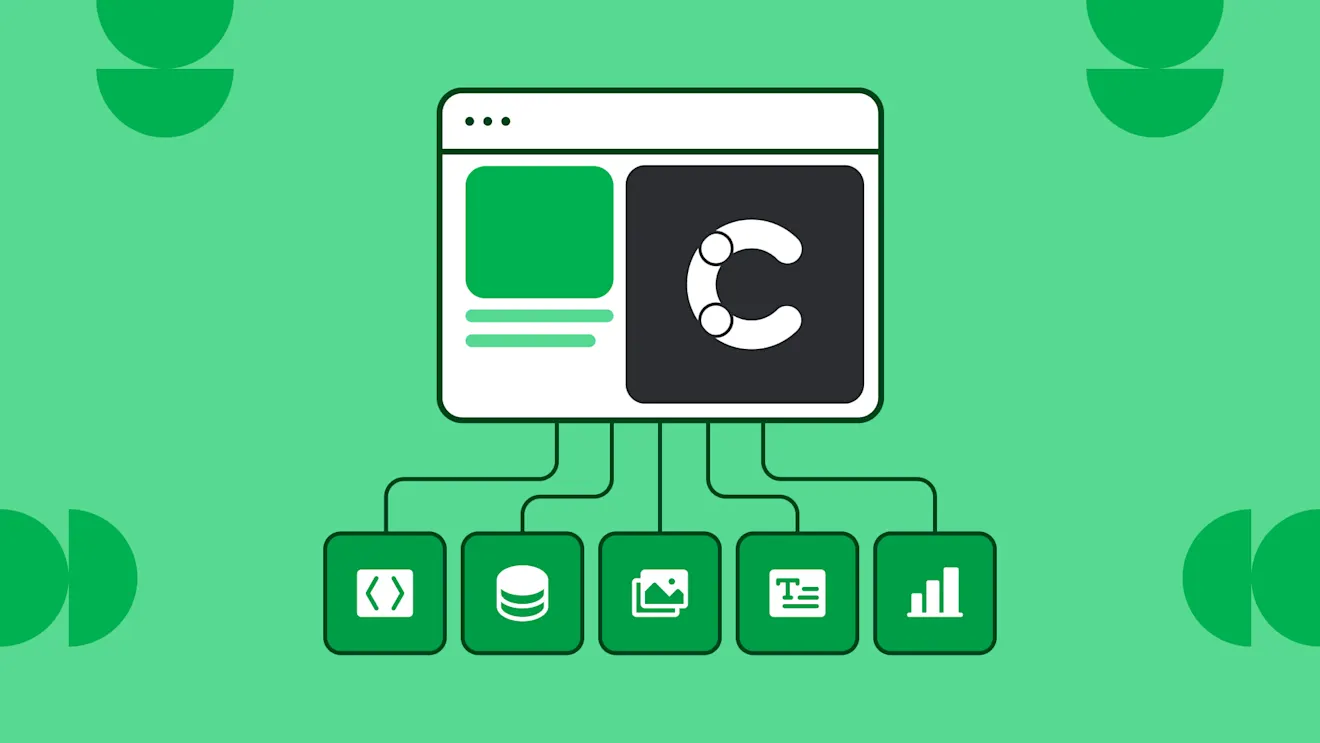How the digital sphere will change social interaction
Published on November 4, 2020

We asked digital builders and leaders to share their predictions for what’s next in digital. In our second post in this series, we’re discussing how the development of the next widely adopted technology might change our social behaviors in the future.
After all, the smartphone is ubiquitous, and it’s not a stretch to argue that it has fundamentally changed the way we operate. So, what's next? How will the next omnipresent, can’t-live-without-it, go-to piece of technology change us, connect us… or drive us apart?
AR/VR everything
Jeff Glasson, Contentful’s VP of engineering, thinks that we’re looking at a future of “possibly ubiquitous” virtual reality. While most AR/VR tech is currently limited to gaming and consumer applications, he says, “.... having a multi-sense VR meeting will help bridge remote people and bridge company sites.”
Mark Demeny, Contentful’s director of content platform strategy, thinks better AR will fundamentally change how we work. “Currently we can do a lot over Zoom as far as communicating information, but there are few really good tools for actually networking, collaborating and brainstorming. If AR and whiteboarding get better this may help to clear the last big hurdle to true remote productivity,” Mark says.
The experts agree. According to one report, the AR/VR industry is expected to hit $25 billion by 2025. Better connectivity will accelerate these changes, says Darren Duarte, agile coach. “5G and Starlink are going to enable huge increases of internet bandwidth anywhere. We'll likely see more real-time processing of huge datasets that require low lag to operate. Think networks of self-driving cars talking to each other and flowing traffic, augmented reality, holograms and virtual reality.”
“Wearable tech and augmented reality will be the next big thing,” says Rachel Stiles, UX writer. “In the future, instead of wanting 15 minutes of fame, we'll all want 15 minutes of privacy…” Rachel’s point brings us to the next big question: will integrating these technologies intrude into our private spheres?
No more privacy
Better connectivity will come with a big, huge tradeoff, Rob Pannoni, Contentful’s director of learning services, says. “Technology adoption choices will increasingly involve weighing (expensive) new capabilities with marginal ability to improve our lives against new ways for institutions to track and control our behavior.”
According to Gabriel Dillon, strategic partner manager, we’re essentially consulting to surveillance every time we buy a new wearable or smart home assistant. “Each one is allowing data about my life, even images and my relationships, to spread and be aggregated and shared with so many new systems and people.”
To take it one step further, “it will be inevitable that, just like many animals, we will also be chipped. And phones will be obsolete too because computers will be connected to our brains. And content will remain key,” Stefan Seferovic, senior enterprise AE, says.
Contentful’s co-founder and CTO Paolo Negri agrees that we’re well on the way to fundamentally altering ourselves. “We already are digitally augmented beings and, similarly to Jeff, I see a new level of augmentation and virtuality at the horizon both ways being virtually in the physical world and being physically in a virtual world.”
Alienation… or connection?
Many people see relationships shifting as they’re forced to connect with their loved ones outside of the physical sphere. Some argue this fundamentally changes how we attach and form bonds with one another, creating a “virtual distance” gap that is hard to bridge in person.
Opinions are split on whether new ways of interacting in the virtual realm will help build new communities — or new echo chambers. “You'll also see people withdraw further into their own bubbles, building out an echo chamber of just ‘their kind’ of people,” says Heidi Joy Tretheway, director of brand and marketing communications. "Only artists and movements capable of transcending narrowly self-identified characteristics will have the ability to move the needle on broad social issues.”
Solutions architect Rodrigo De la Garza is more optimistic. He says that the pandemic has made us more dependent on technology for social interaction, and that it helps us “notice how the lack of real contact and real social behavior affect us, and in my experience be more connected to people who I normally will never call.”
Konstantine Beridze, blog assistant, agrees that the virtual realm can help us be more inclusive. “Live streams for friends by friends might even become a bigger thing as another way of including someone who is unable to join the group in a social setting.”
Back to the land
Finally, a few Contentfuler@s (that’s what we call people working at Contentful) think that all these advances will create a desperate need to detach entirely. Stefan Judis, senior manager of developer relations, thinks that overwhelming integration will force “people [to] realize their addiction to screens and social media and start working (and fixing) their behaviors.”
“A small but growing possibility is tech rejection/regression,” agrees Karlo Guevarra, director of people development. “Maybe a strong minority will adopt ‘dumbphones.’ Connectivity is here to stay, so opportunities to disconnect will become trendy. Think vinyl records resurgence.”
It’s clear that the same disagreements we’re having today about the benefits of tech are reflected in our divided predictions about the future.
Inspiration for your inbox
Subscribe and stay up-to-date on best practices for delivering modern digital experiences.




